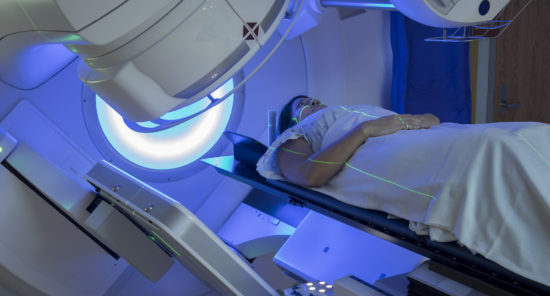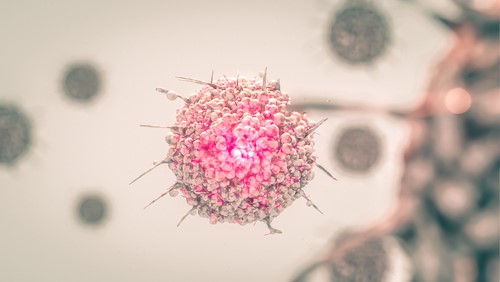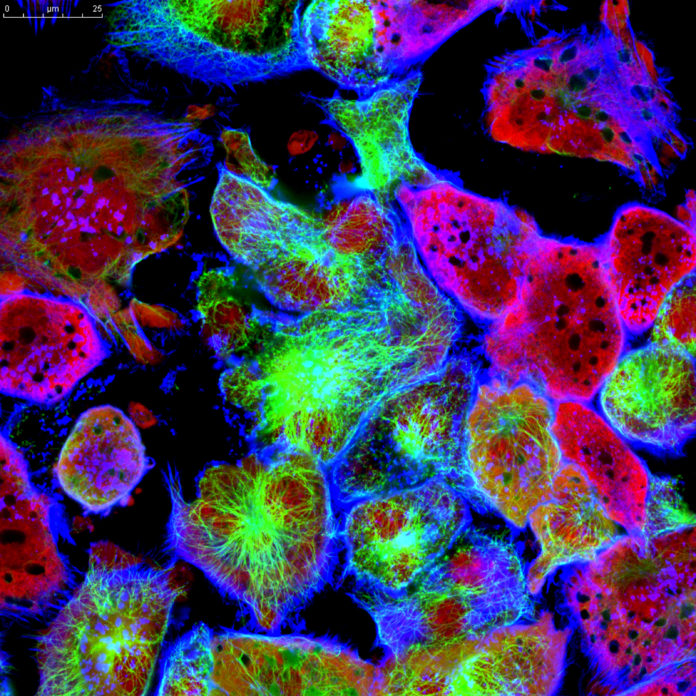A study underpins how SARS-CoV-2 (COVID-19) may impact breast cancer prognosis. The findings appeared in the journal Aging.
The potential role of abnormal ACE2 expression following COVID-19 infection as it pertains to the prognosis of breast cancer is still unclear. To elucidate the correlation, researchers analyzed ACE2 changes in breast cancer while assessing the link between ACE2 and disease prognosis. The research time further evaluated the relationship between immune infiltration and the prognosis of different breast cancer subtypes.
According to the results, ACE2 expression decreased significantly in breast cancer, except for basal-like subtype. The researchers observed a correlation between patients with attenuated ACE2 expression and abnormal immune infiltration and poorer prognosis of luminal B breast cancer. In this subgroup, the hazard ratio for recurrence-free survival was 0.76 (95% confidence interval [CI], 0.63-0.92; P = 0.005) and for distant metastasis-free survival was 0.70 (95% CI, 0.49-1.00, P = 0.046).
Overall, the study demonstrated that the expression of ACE2 was significantly correlated with the immune infiltration level of CD8+ T cell (P <0.001), CD4+ T cell (P = 0.02) and neutrophils (P = 0.02).
In conclusion, the researchers wrote, “breast tumor tissues might undergo a further decrease in the expression level of ACE2 after SARS-CoV-2 infection, which could contribute to further deterioration of immune infiltration and worsen the prognosis of luminal B breast cancer after SARS-CoV-2 infection.”
Read more at: https://pubmed.ncbi.nlm.nih.gov/34413267/
Keywords: ACE2, COVID-19, SARS-CoV-2, immune infiltration









